QuestionQUESTION: Hi,
As a kid my grandfather had our horses on linseed. He said it was good for their coats and helped in the winter. Is this true? I have a thoroughbred that (no surprisingly) has a very thin winter coat. If linseed is not the thing to use what would work?
Thanks
ANSWER: Hi Ali,
Thank you for the very interesting question. Linseed can indeed help with coat quality in a horse, but perhaps not in the way you want it to. You see, linseed (meal or oil) is high in fat. Fat is an essential component to every cell wall in the horse's body so high dietary vegetable fat will ultimately create healthy cell walls throughout the body. The cell walls most quickly affected (and most easily seen) are hair cells. So one the effects that we see from feeding vegetable fat is a shiny coat...and of course there are a lot of benefits that we don't see. In so much as the linseed will help your horse grow a shiny, healthy coat...it probably won't help grow more hair. I believe that the amount of winter hair growth that your horse experiences depends a lot on genetics and probably not easily fixed. I feel for you...I have a horse that came from California as a weanling and despite living here in Eastern Canada for 19 years he absolutely refuses to grow a winter coat no matter what I do and I assure you I've tried everything I can think of. Winter blankets seem to be his only cure :)
All I can suggest for hair quality is to feed a quality source of vegetable fat (flax seed, linseed meal, soya or corn oil, etc), sufficient salt, adequate dietary protein and a mineral/vitamin premix. All of these will help with overall hair quality, although not so much quantity.
Thanks for your question, Corlena
---------- FOLLOW-UP ----------
QUESTION: Thanks for a speedy response! I guess I was just dreaming of a nice fluffy horse for this Christmas! Haha! I also have another linseed question!
We used to feed the linseed whole. Then someone told me we could have killed the horses. My grandfather had many horses in his life and they didn't die from it! Is this true we could have poisoned them by feeding whole linseed? Our co-op sold it in bulk so it was cheap to feed. If it is unsafe is there anything we can do to it to make it safe?
Thanks!
AnswerHello Ali,
Linseed is flax seed and for the most part, feeding flax whole is not all that dangerous. The only potential concern (and I say potential because it hasn't been researched that I know of) is that when the seed coat of a flax seed is broken, it immediately releases the tiniest amount of cyanide gas. Probably not enough to hurt a horse, and it only happens once when the seed coat is ruptured. By milling (grinding or processing)the seed or soaking it in water, this gas release has already been done.
If the product that you are referring to is linseed meal (also referred to as oilcake meal), it is a by-product of flax seed processing where some oil has been removed...so that gas release took place in the processing. Oilcake meal is a decent source of fat in a horse's diet (because some of the fat remains in the meal), and completely safe to feed as it is bought.
If you are referring to straight flax seed and want to buy it whole, you can soak it and eliminate any potential dangers to the horse. Soaking will also help improve the digestibility of the feed so that your horse can process it more easily.
Now there are companies that process flax by grinding it whole (milled flax seed) which is my favorite source because it has a full oil content, and the oil is the part most beneficial to the horse.
That's the skinny on Linseed :), hope it helps.
Thanks, Corlena

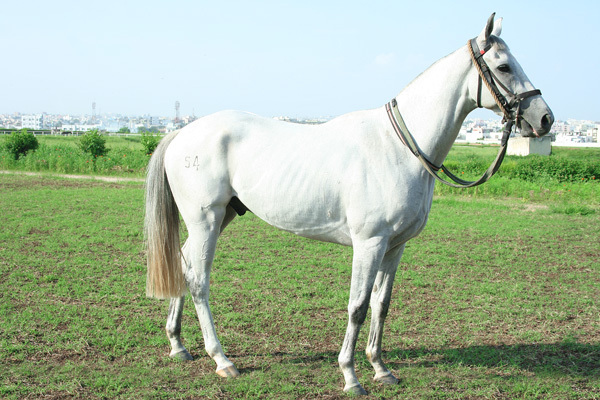 guessing the horse weight seeing it
Question
guess weight
hello maam. this is a thor
guessing the horse weight seeing it
Question
guess weight
hello maam. this is a thor
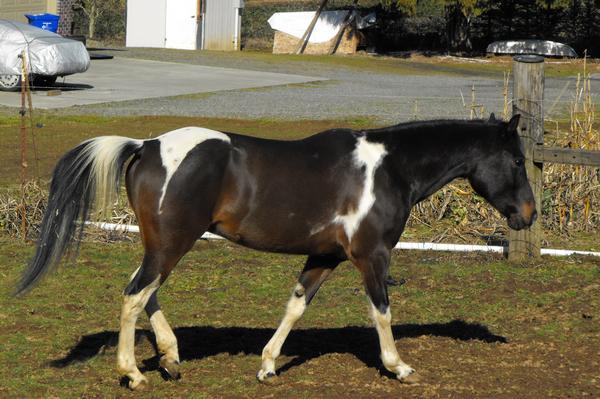 loss of appetite
QuestionElliott
QUESTION: i have a question abou
loss of appetite
QuestionElliott
QUESTION: i have a question abou
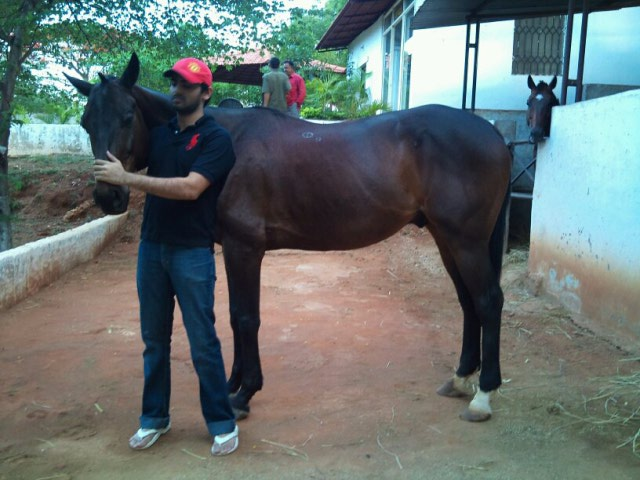 weak horse
Question
weak horse
hello maam? does this horse
weak horse
Question
weak horse
hello maam? does this horse
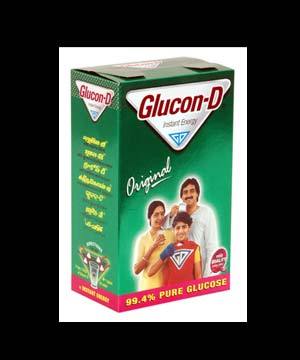 adding rehydrating supplement in the water bucket
Question
glucod D
hello maam, here in india, cl
adding rehydrating supplement in the water bucket
Question
glucod D
hello maam, here in india, cl
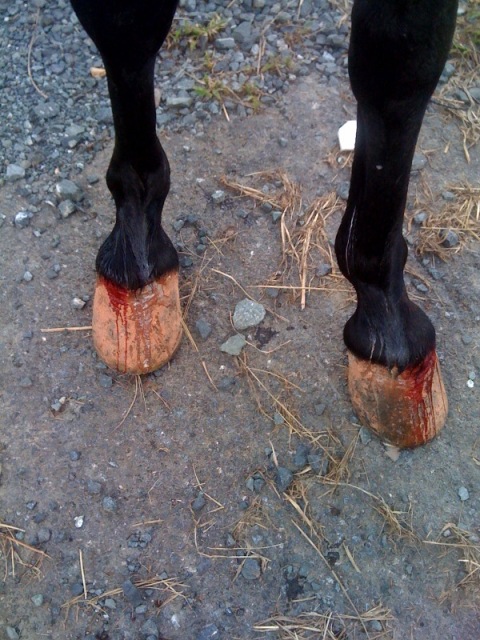 bleeding hooves
Question
bleeding
hi corlena! I have attached a photo s
bleeding hooves
Question
bleeding
hi corlena! I have attached a photo s